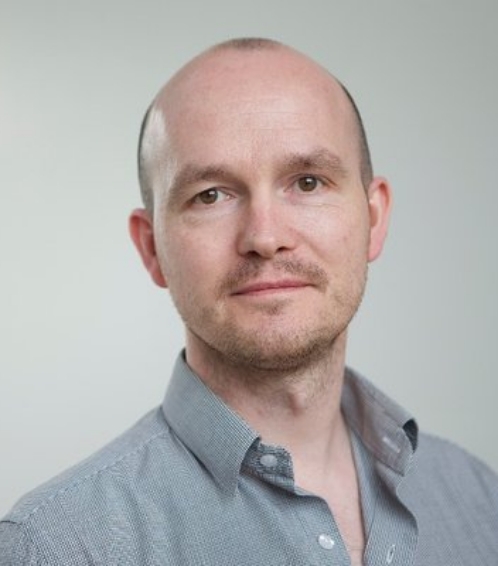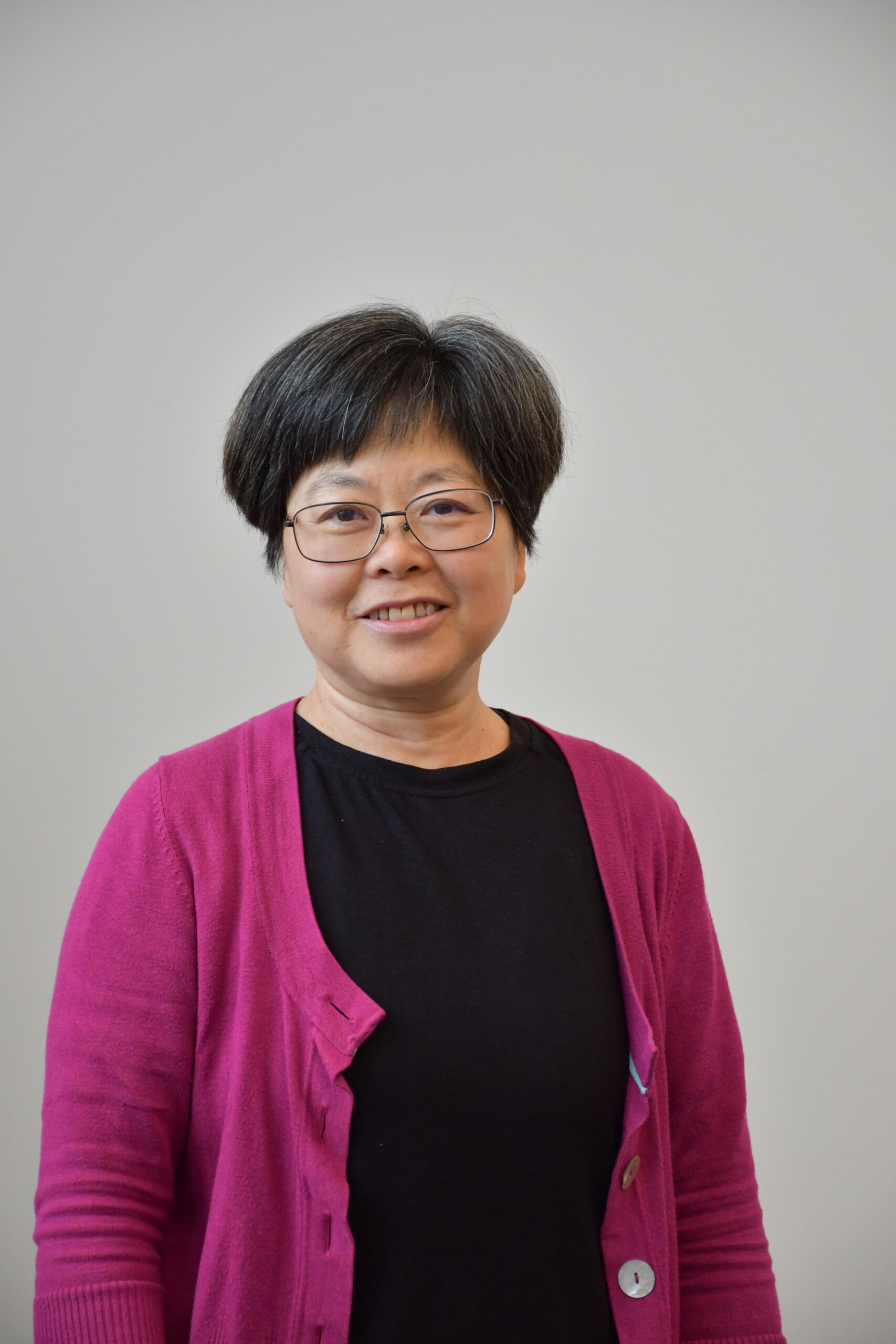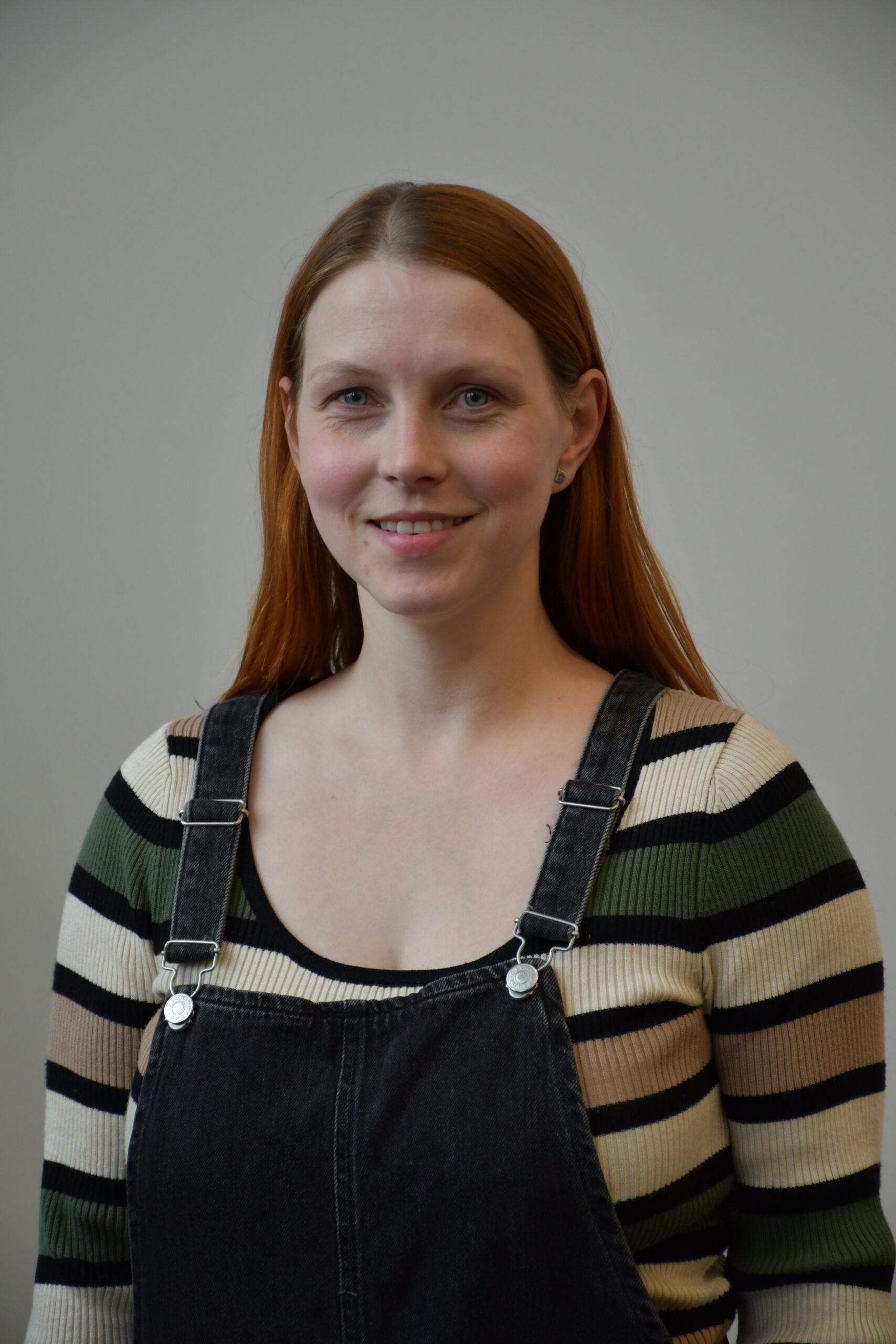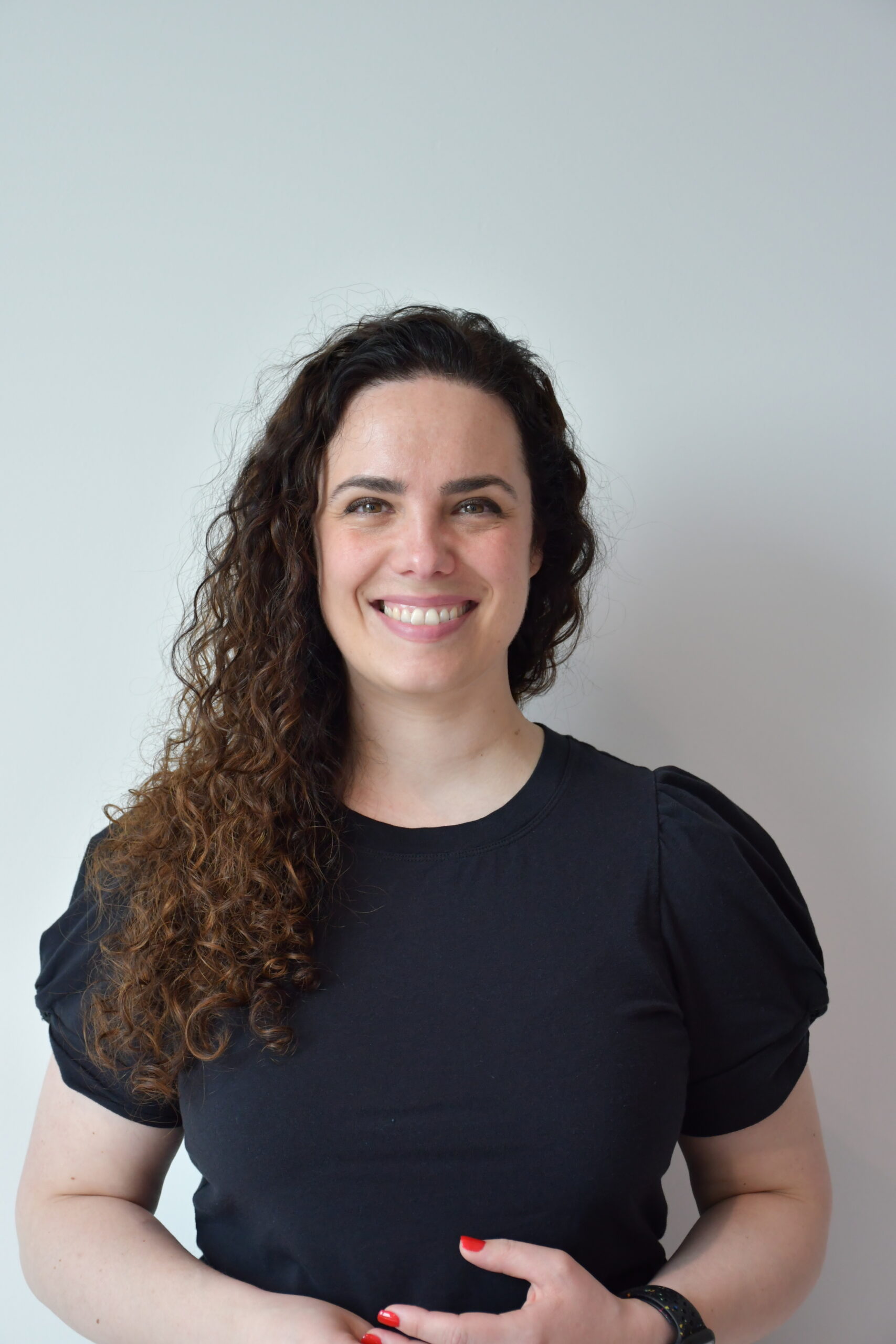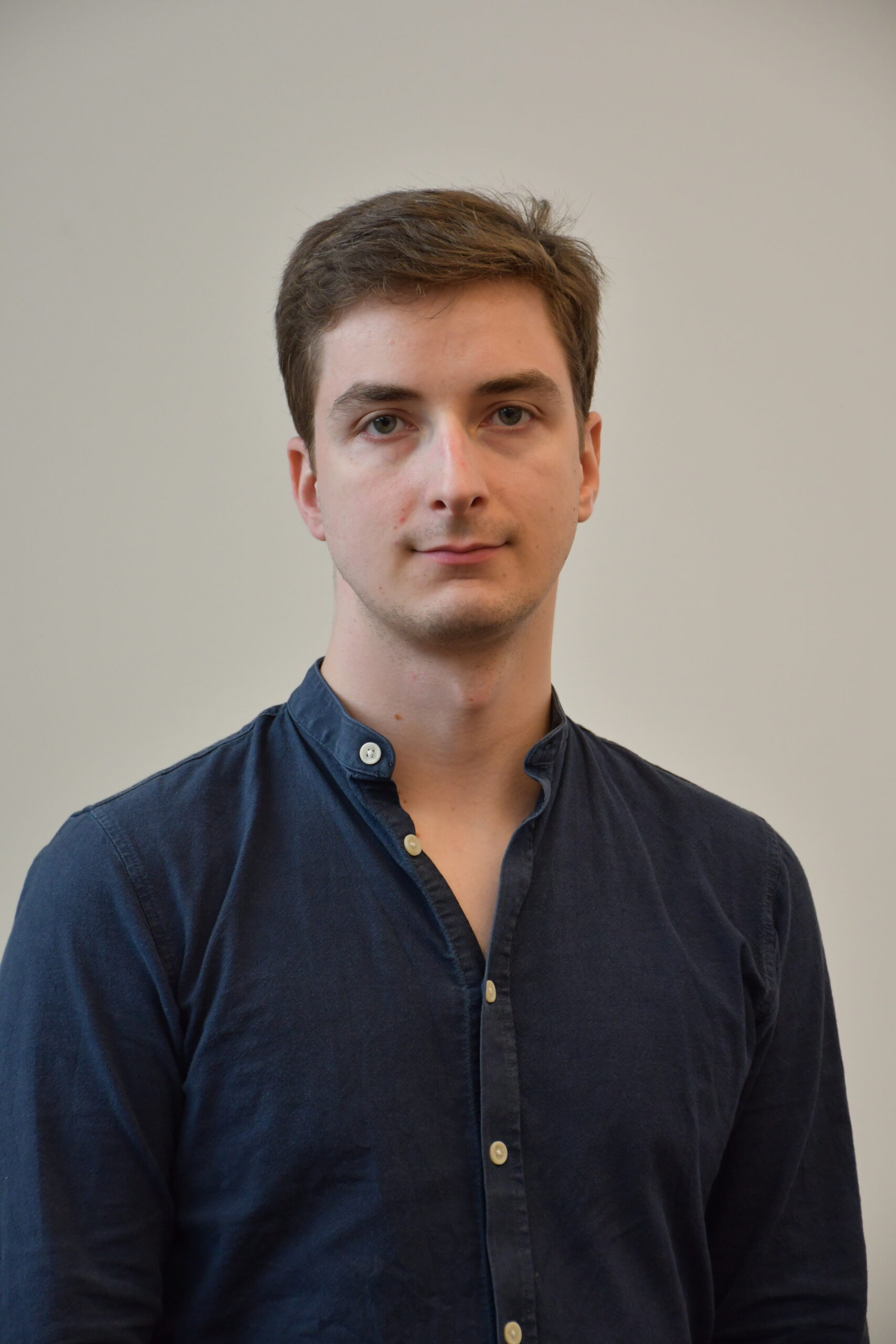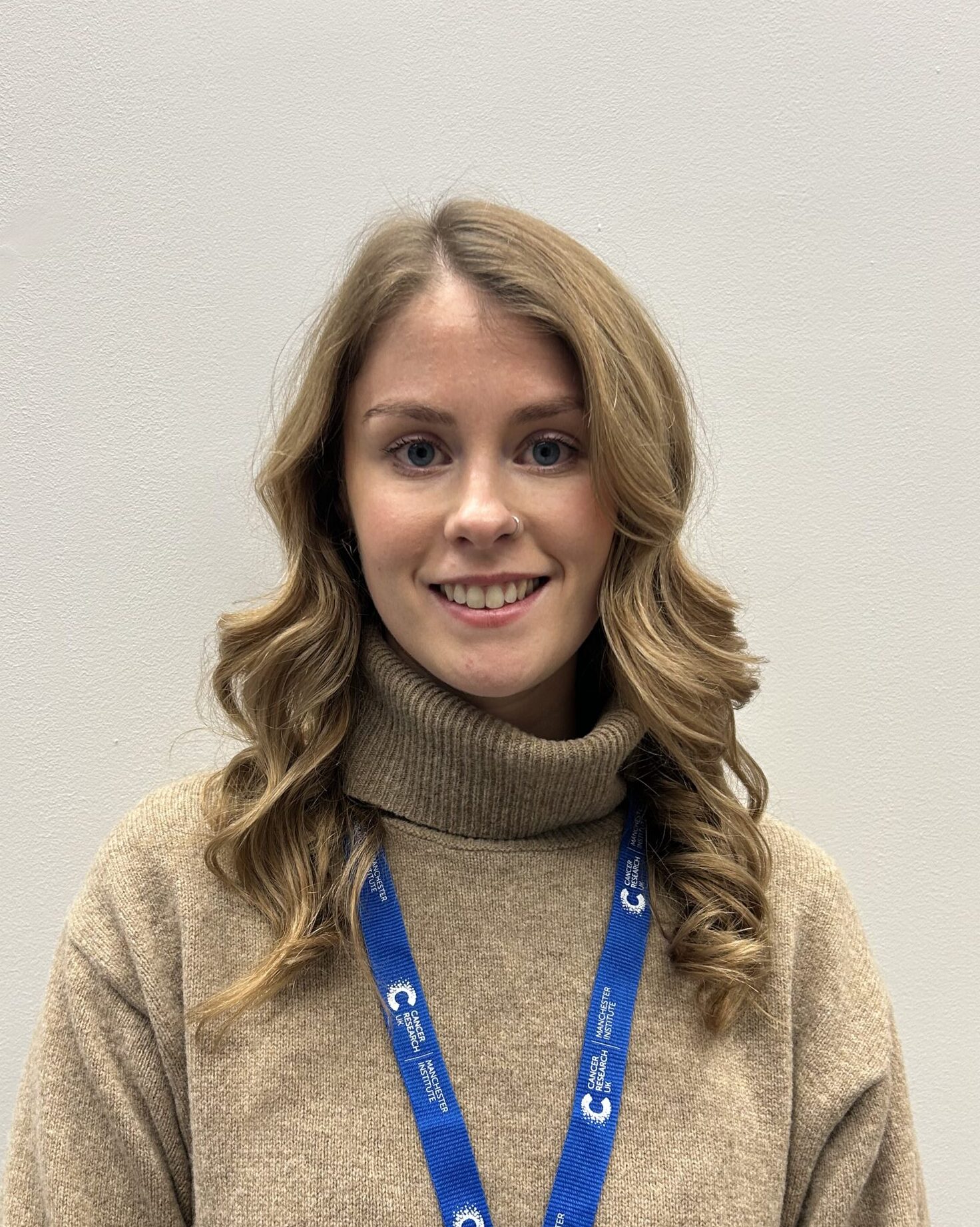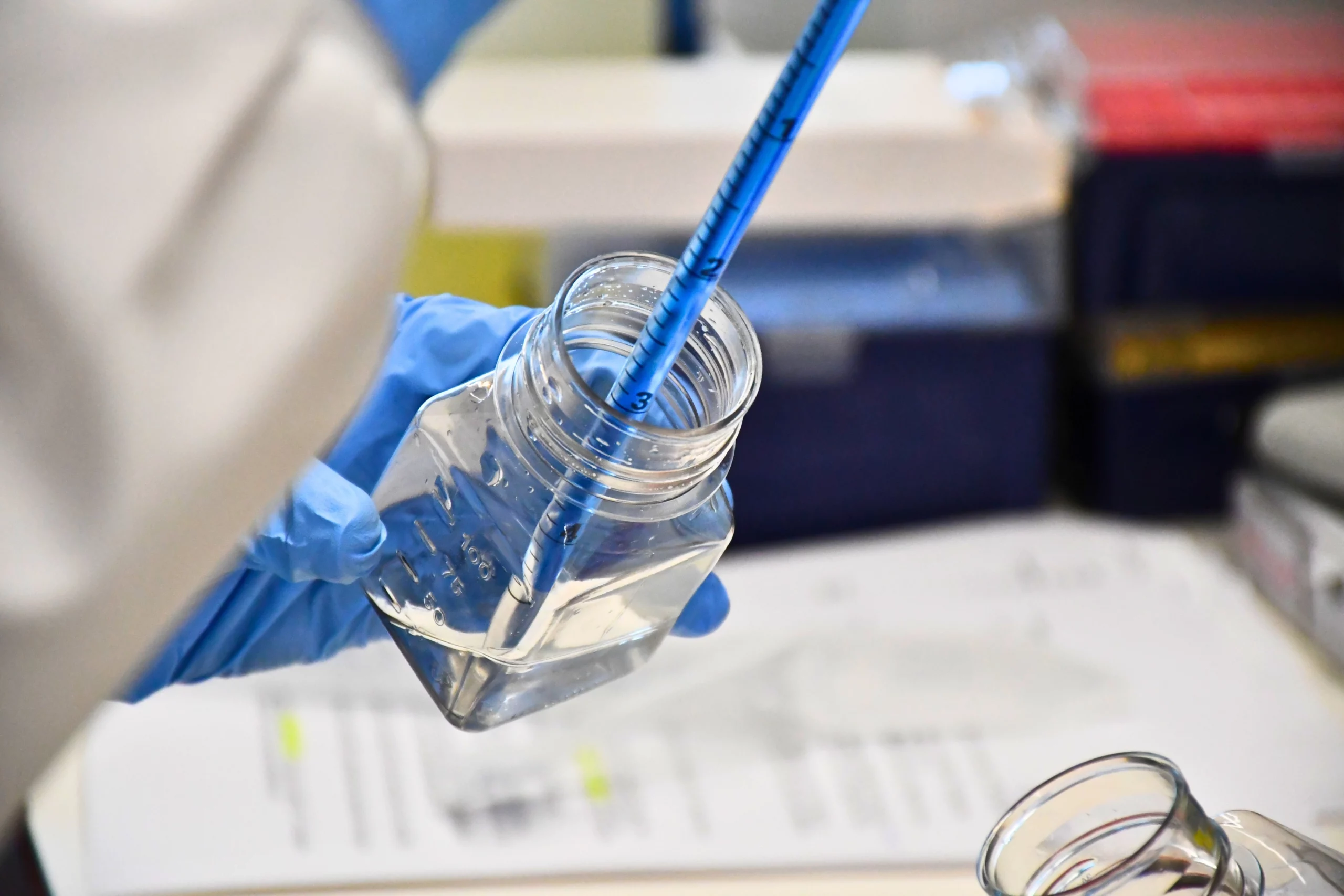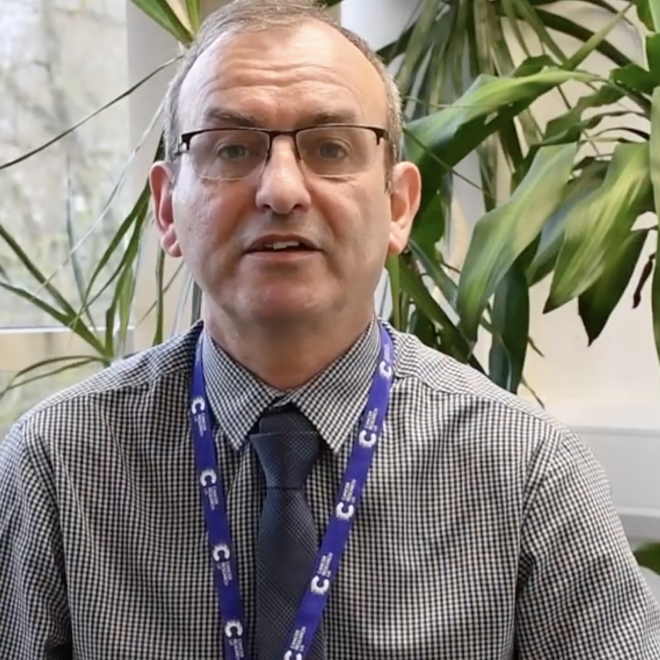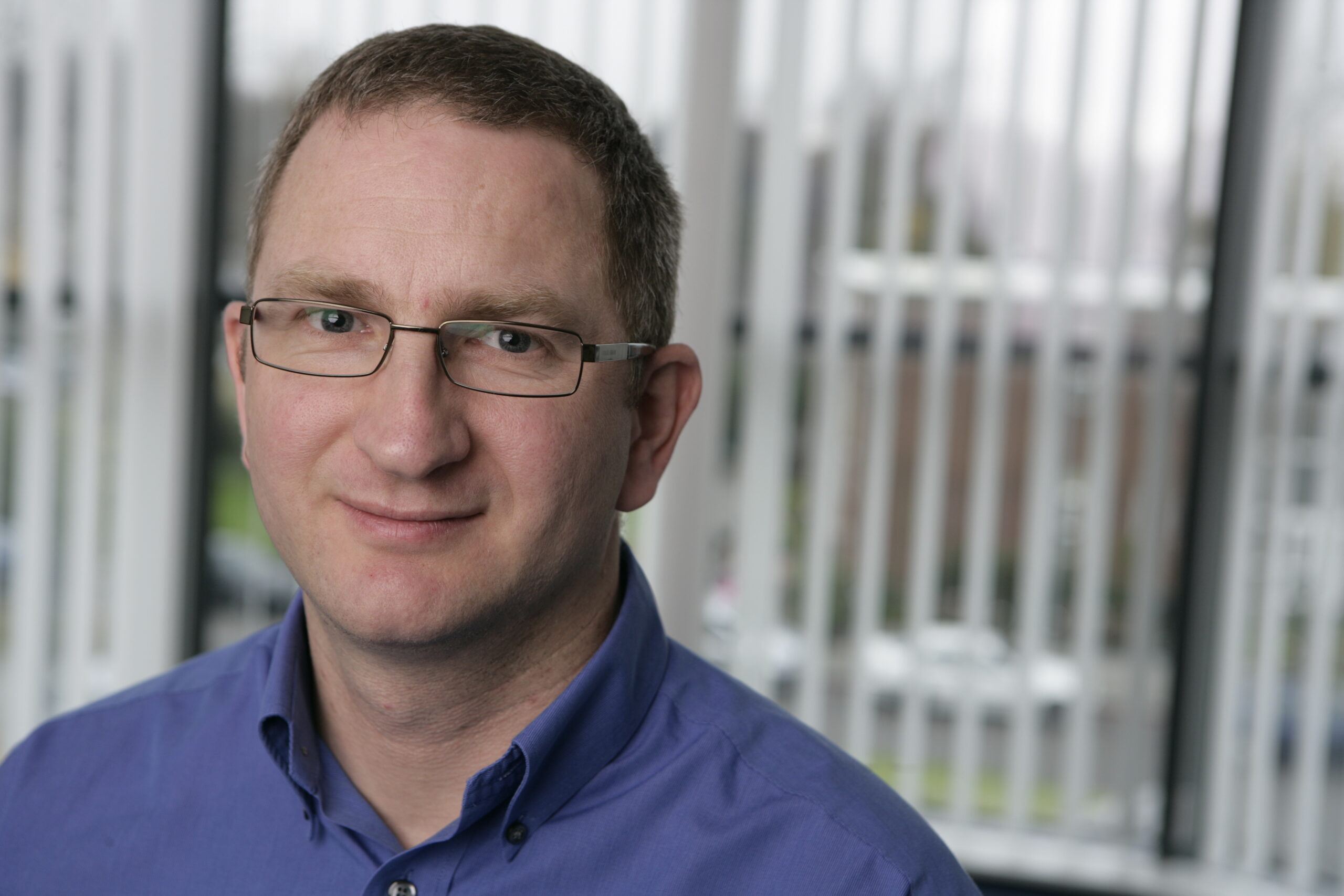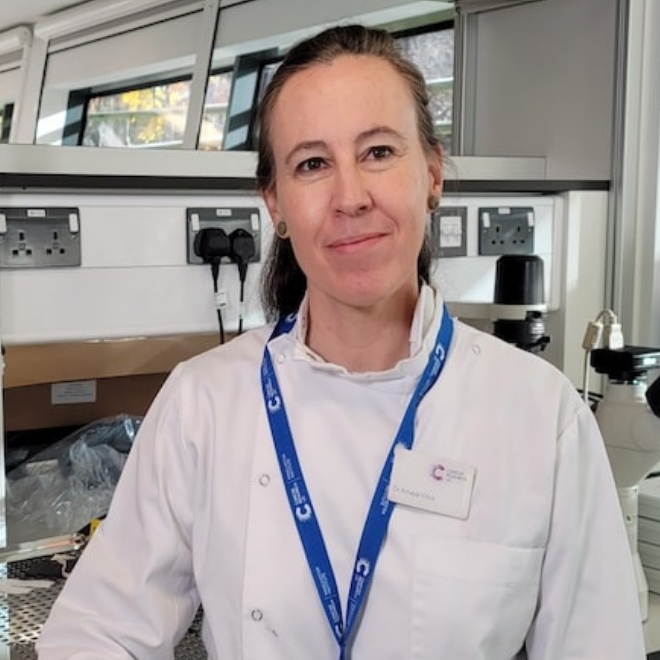Article highlights & insights
Oncogenic mutations regulate signaling within both tumour cells and adjacent stromal cells. Here, we show that oncogenic KRAS (KRASG12D) also regulates tumour cell signaling via stromal cells. By combining cell-specific proteome labeling with multivariate phosphoproteomics, we analysed heterocellular KRASG12D signalling in pancreatic ductal adenocarcinoma (PDA) cells.
Tumour cell KRASG12D engages heterotypic fibroblasts, which subsequently instigate reciprocal signalling in the tumour cells. Reciprocal signalling employs additional kinases and doubles the number of regulated signalling nodes from cell-autonomous KRASG12D. Consequently, reciprocal KRASG12D produces a tumour cell phosphoproteome and total proteome that is distinct from cell-autonomous KRASG12D alone.
Reciprocal signalling regulates tumour cell proliferation and apoptosis and increases mitochondrial capacity via an IGF1R/AXL-AKT axis. These results demonstrate that oncogene signalling should be viewed as a heterocellular process and that our existing cell-autonomous perspective underrepresents the extent of oncogene signalling in cancer.
Oncogenic mutations regulate signaling within both tumour cells and adjacent stromal cells. Here, we show that oncogenic KRAS (KRASG12D) also regulates tumour cell signaling via stromal cells. By combining cell-specific proteome labeling with multivariate phosphoproteomics, we analysed heterocellular KRASG12D signalling in pancreatic ductal adenocarcinoma (PDA) cells.
Tumour cell KRASG12D engages heterotypic fibroblasts, which subsequently instigate reciprocal signalling in the tumour cells. Reciprocal signalling employs additional kinases and doubles the number of regulated signalling nodes from cell-autonomous KRASG12D. Consequently, reciprocal KRASG12D produces a tumour cell phosphoproteome and total proteome that is distinct from cell-autonomous KRASG12D alone.
Reciprocal signalling regulates tumour cell proliferation and apoptosis and increases mitochondrial capacity via an IGF1R/AXL-AKT axis. These results demonstrate that oncogene signalling should be viewed as a heterocellular process and that our existing cell-autonomous perspective underrepresents the extent of oncogene signalling in cancer.
Institute Authors
Groups
Group leader
All publications
https://doi.org/10.1038/s44161-025-00740-z
Single-cell profiling reveals three endothelial-to-hematopoietic transitions with divergent isoform expression landscapes
11 November 2025
Institute Authors (6)
Robert Sellers, John Weightman, Wolfgang Breitwieser, Natalia Moncaut, Michael Lie-a-ling, Georges Lacaud
Labs & Facilities
Computational Biology Support, Molecular Biology, Genome Editing and Mouse Models
Research Group
Stem Cell Biology
11 November 2025
https://doi.org/10.1136/jitc-2025-012527
Systemic immunosuppression from ultraviolet radiation exposure inhibits cancer immunotherapy
31 October 2025
Institute Authors (4)
Isabella Mataloni, Antonia Banyard, Garry Ashton, Amaya Virós
Labs & Facilities
Mass and Flow Cytometry, Histology
Research Group
Skin Cancer & Ageing
31 October 2025
https://aacrjournals.org/cancerdiscovery/article/doi/10.1158/2159-8290.CD-24-1224/766638/Glucocorticoids-Unleash-Immune-dependent-Melanoma
Glucocorticoids Unleash Immune-dependent Melanoma Control through Inhibition of the GARP/TGF β Axis
15 October 2025
Institute Authors (12)
Charles Earnshaw, Poppy Dunn, Shih-Chieh Chiang, Maria Koufaki, Massimo Russo, Kimberley Hockenhull, Erin Richardson, Anna Pidoux, Alex Baker, Richard Reeves, Robert Sellers, Sudhakar Sahoo
Labs & Facilities
Computational Biology Support, Visualisation, Irradiation and Analysis
Research Group
Cancer Inflammation and Immunity
15 October 2025
/wp-content/uploads/2025/09/Annual_Report_2024.pdf
2024 Annual Report
23 September 2025
23 September 2025
https://doi.org/10.1182/blood.2024028033
An in vivo barcoded CRISPR-Cas9 screen identifies Ncoa4-mediated ferritinophagy as a dependence in Tet2-deficient hematopoiesis
4 September 2025
Institute Authors (1)
Justin Loke
Research Group
Myeloid Cancer Biology
4 September 2025
https://doi.org/10.1038/s41467-024-49692-1
Whole genome sequencing refines stratification and therapy of patients with clear cell renal cell carcinoma
15 July 2025
Institute Authors (1)
Samra Turajlić
Research Group
Cancer Dynamics
15 July 2025
Our Research
Our research spans the whole spectrum of cancer research from cell biology through to translational and clinical studies
Research Groups
Our research groups study many fundamental questions of cancer biology and treatment
Our Facilities
The Institute has outstanding core facilities that offer cutting edge instruments and tailored services from expert staff
Latest News & Updates
Find out all our latest news
Careers that have a lasting impact on cancer research and patient care
We are always on the lookout for talented and motivated people to join us. Whether your background is in biological or chemical sciences, mathematics or finance, computer science or logistics, use the links below to see roles across the Institute in our core facilities, operations teams, research groups, and studentships within our exceptional graduate programme.





